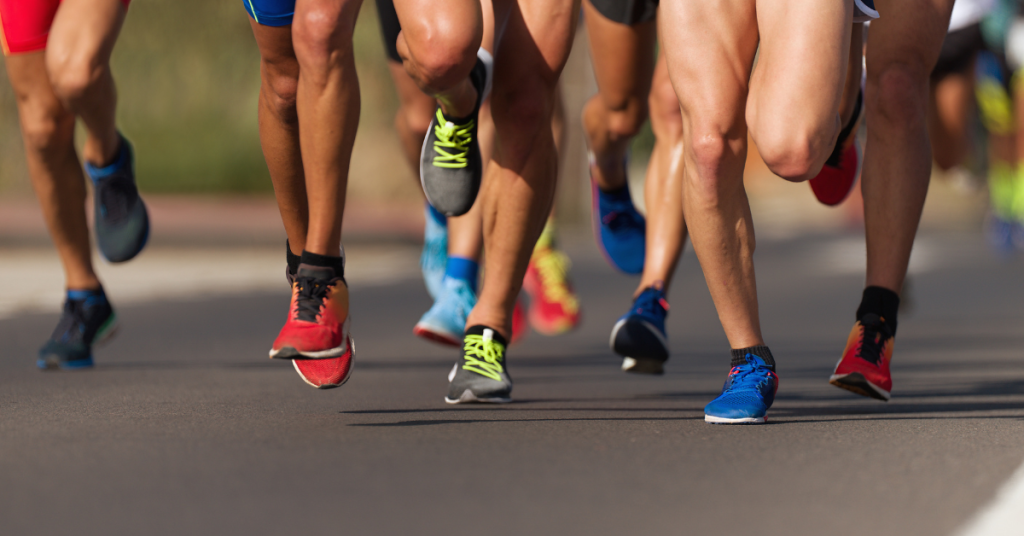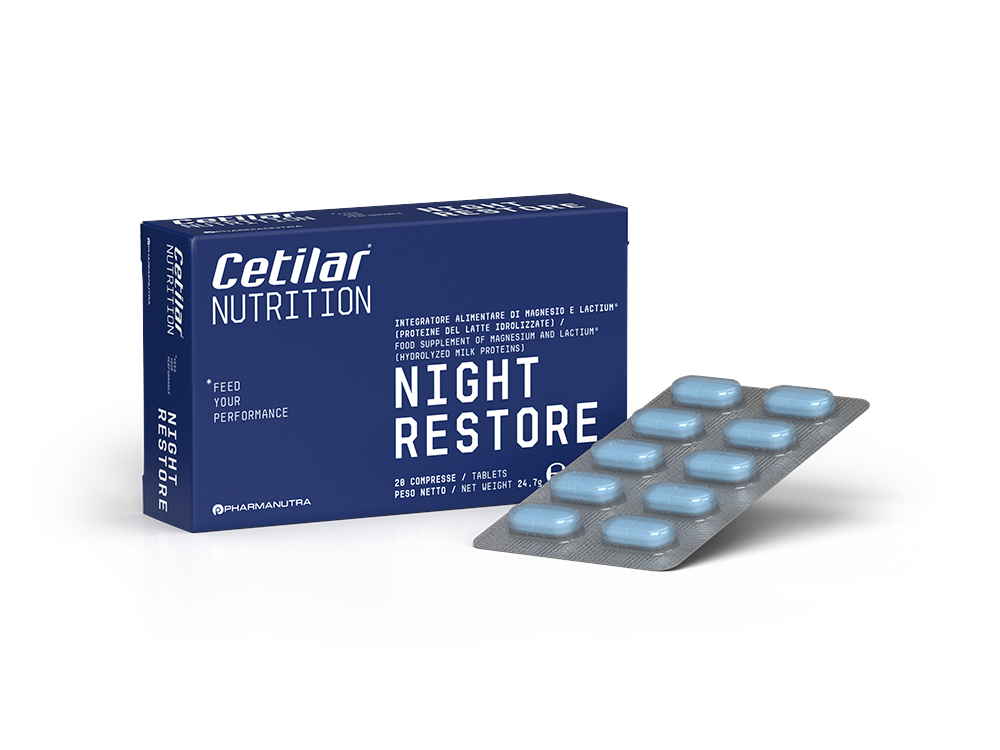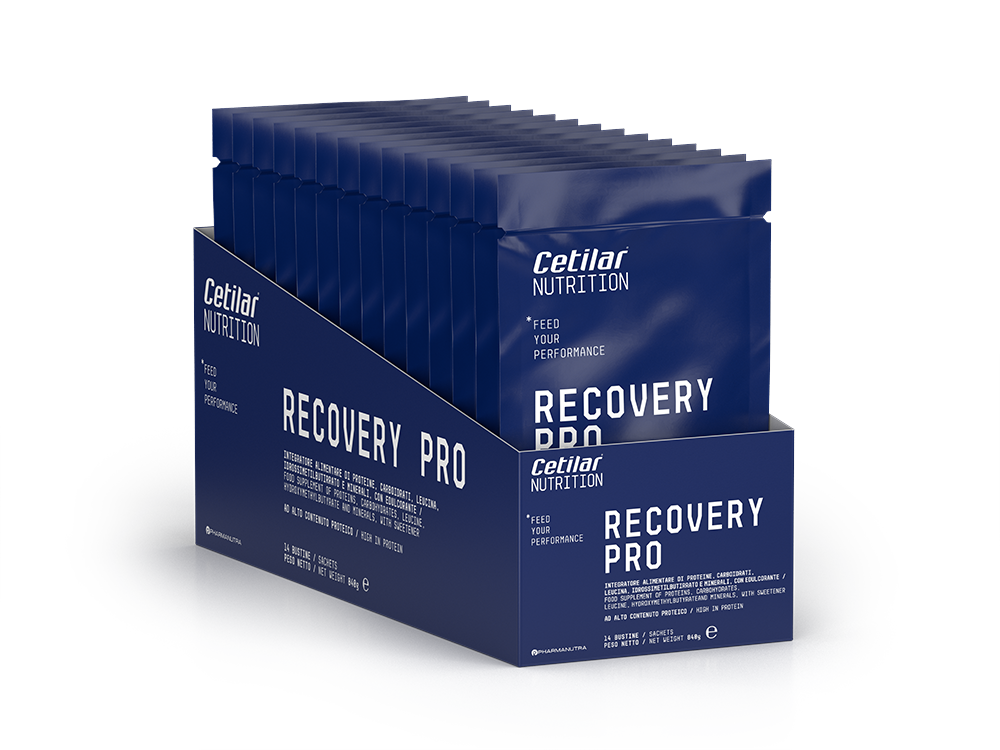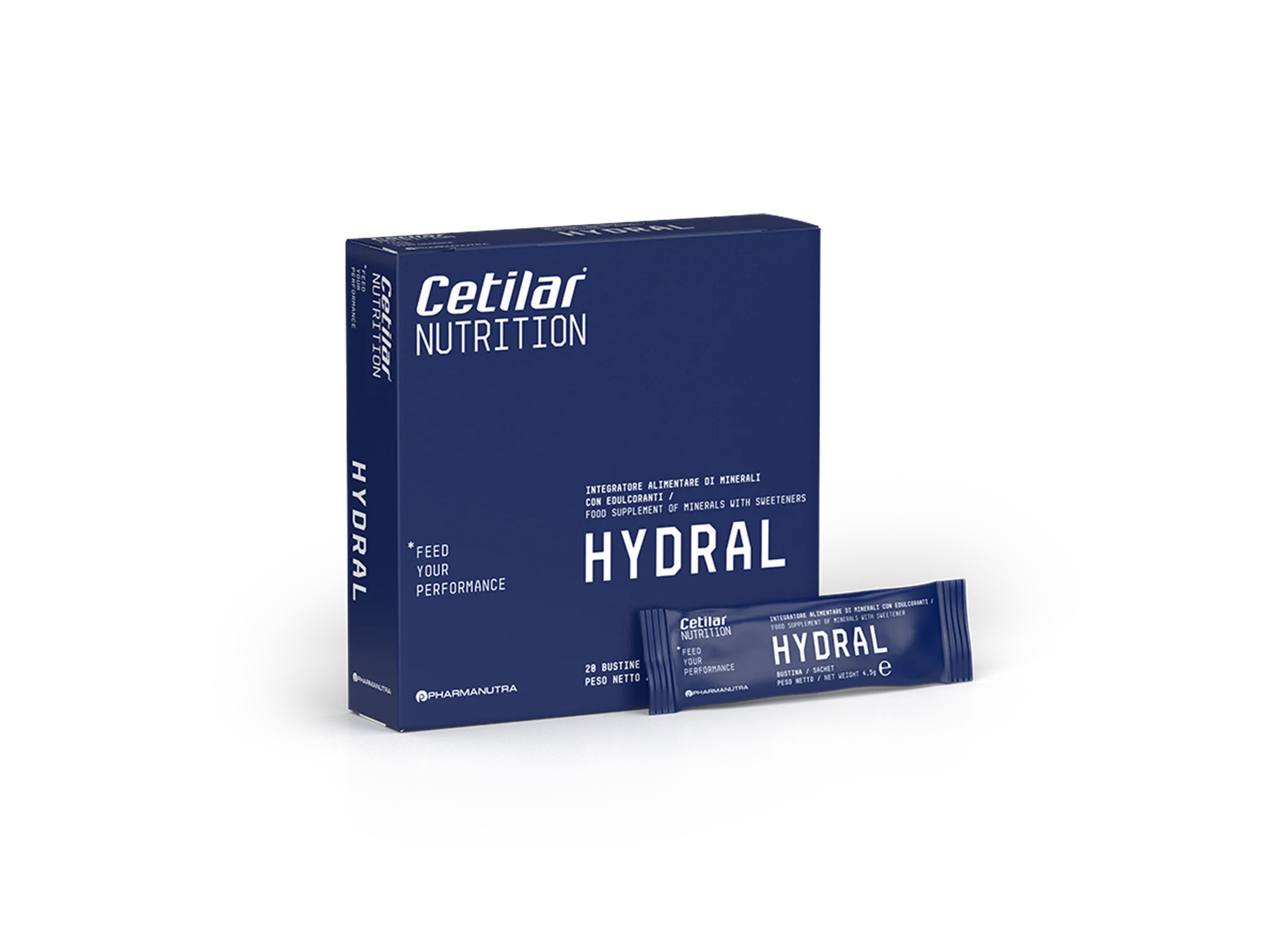RECOVERY AFTER A MARATHON

When we think about a marathon, the first considerations are the distance to be covered, the commitment to achieve adequate performance, tiredness and the fear of not making it. Every marathon is an incredible journey that culminates in a 42 km race, exhausting but unforgettable. A journey that begins with intense and constant training and ends with a necessary recovery period. Yes, after crossing the finish line and celebrating, ensuring the physical recovery required is part of the process of re-establishing the body’s well-being and beginning to train again, step by step, to reach the next goal.
A post-marathon physical recovery programme: what it involves and how to set it up
There is more to preparing for a marathon than constant running on the road. Training sessions to improve endurance and muscle tone are also needed. There are also various aspects to post-marathon physical recovery, each of which is useful for effectively restoring muscle function and energy.
- The first rule of post-marathon sports recovery is to rest. While runners struggle to accept it, anyone who has already run a marathon knows how essential it is to rest completely for a few days. Some experts even recommend one day of rest for every kilometre run, therefore 42 days of rest.
- Pain in the muscles is normal but there is usually a delayed onset of muscle soreness after a marathon. The soreness is caused by microscopic damage to muscle tissue, and its severity depends on the amount of preparation done prior to the race and the intensity of effort during the race compared to training. The degree of soreness indicates the extent of muscle damage, which will influence the length of the recovery period.
- Avoid overly hot baths or showers for 48 hours after the race. Cold water baths with a little ice can in fact help to minimise soft tissue inflammation during the first 48 hours after the race.
- Drink more and eat regularly. On the days that follow a marathon, your diet should be similar to what it was on the three days preceding the race, rich in carbohydrates to recover all the energy expended.
Speaking of nutrition, food supplements can also help replenish valuable nutrients consumed during the marathon.
Recovery Pro is the Cetilar® Nutrition food supplement with proteins, carbohydrates, leucine, hydroxymethylbutyrate, minerals and sweetener designed for an athlete’s muscle recovery.
It also contains iron and zinc developed thanks to Sucrosomial® Technology. These two minerals are essential for the well-being of the body. Iron contributes to normal cognitive function, normal energy metabolism, the normal formation of red blood cells and haemoglobin, normal function of the immune system, reducing tiredness and fatigue. Zinc contributes to normal cognitive function, normal protein synthesis, the normal function of the immune system and the protection of cells from oxidative stress.
Getting back to running after a marathon: low intensity training
Many runners want to get back to running as soon as possible after a marathon but it’s best to proceed gradually. After an initial rest period, post-marathon sports recovery involves low-intensity training, i.e. with light exercises involving no more than 60-65% of the usual maximum heart rate and for a relatively short time, less than 60 minutes.
Low-intensity sporting activity actually helps you recover energy quickly because it promotes circulation: good circulation brings fresh oxygen and nutrients to the muscles and carries away any metabolic waste, thus helping you to heal and recover.
Recommended low-intensity post-marathon activities are:
- Walking: gentle physical exercise stimulates blood flow in the legs, useful for removing fatigue metabolites.
- Light jogging: a gentle ten-minute run is recommended, preferably on a grassy surface.
- Cycling: cycling sports helps runners to significantly reduce stress on their tendons and joints.
- Yoga: yoga improves cardiovascular system health and increases flexibility, as well as helping to relieve pain, all very useful for a runner’s post-marathon recovery.
- Stretching: essential because it helps increase the functional capacity of the muscles.
- Swimming for 30-60 minutes at low intensity: the action of the water on the legs performs a light and beneficial muscle massage.
Manual physiotherapy and a foam roller can also provide effective support to relieve muscle soreness and aid recovery by increasing circulation.
The importance of mental recovery after the marathon
Runners are well aware that the last few metres of a marathon are where the preparation for the next one begins. Once the tiredness has passed and the energy has been recovered, a runner will feel hungry for more. But post-marathon sports recovery also involves holding back for a few days from the pursuit of performance and going out to unwind for a while without any time restrictions or GPS alerts.
Post-marathon mental recovery starts with relishing the fact that you have achieved an important goal, allowing yourself to enjoy the justified feeling of relief and euphoria, and taking a break from your training schedules for a while. Emptying the mind is as important for recharging your energy as is the period of rest. It is equally important to be aware of having to treat both the body and the mind with consideration, so as to avoid making any counterproductive efforts.
On to the next race!




